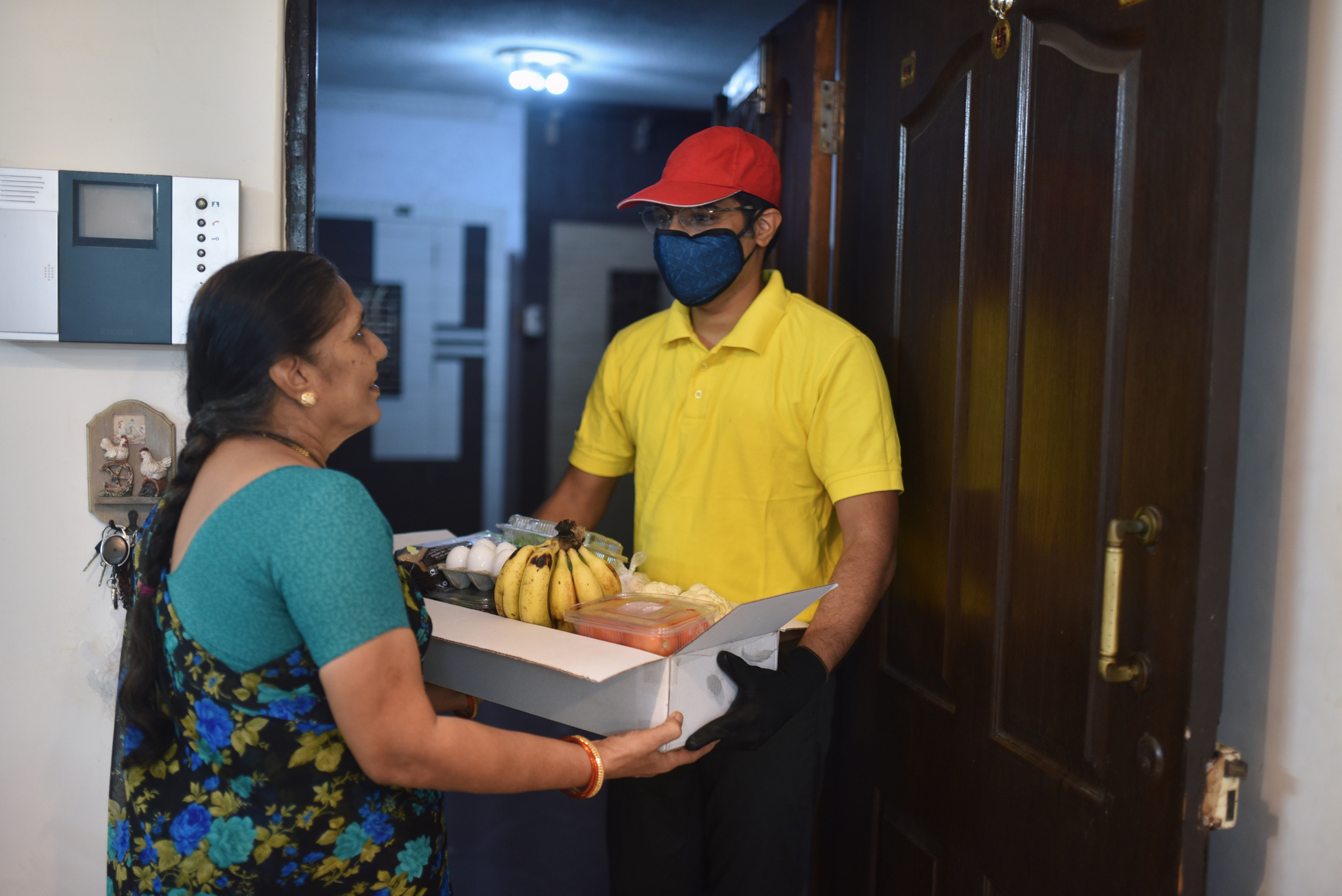The Ministry of Labour & Employment has made significant strides in advancing social security coverage for gig and platform workers.
During a meeting chaired by Secretary Sumita Dawra on Monday, key officials, industry representatives, and experts convened to discuss the development of a comprehensive social security framework for this rapidly growing segment of the workforce.
The hybrid-mode meeting saw participation from senior officials, including Ramesh Krishnamurthi (CPFC, EPFO), Ajoy Sharma (JS, MoLE), Rupesh Thakur (JS, MoLE), and Ashok Kumar Singh (DG, ESIC).
Representatives from industry giants such as Zomato and Swiggy, workers’ associations like IFAT, and knowledge partners from Niti Aayog, ILO, NCAER, and OMI, as well as state government officials, also joined the discussion.
The meeting focused on reviewing existing social security schemes available for unorganised workers and assessing how benefits extended to the organised sector could be adapted for gig and platform workers.
Central schemes such as PM-JAY (Pradhan Mantri Jan Arogya Yojana), PMJJBY (Pradhan Mantri Jeevan Jyoti Bima Yojana), PMSBY (Pradhan Mantri Suraksha Bima Yojana), and PMMVY (Pradhan Mantri Matru Vandana Yojana) were examined as potential options for this workforce.
Key areas of coverage under consideration include life and disability insurance, accident insurance, health and maternity benefits, old age protection, and childcare facilities.
Discussions also delved into operational mechanisms, funding requirements, monitoring and evaluation systems, and grievance redressal processes.
The unique nature of the platform economy—characterised by varying work hours, seasonal fluctuations, and inconsistent payouts—was a central focus, with committee members suggesting modifications to existing schemes to better align with the needs of gig workers.
In her keynote address, Dawra emphasised that the Ministry is in advanced stages of stakeholder consultations and urged the committee to carefully examine the applicability of flagship government schemes and best practices from around the world.
She reiterated the importance of creating a social security framework that addresses the specific challenges faced by gig and platform workers, including the sporadic nature of their engagement and appropriate contribution mechanisms.
Dawra also stressed the need for the committee to submit its report in a time-bound manner, providing clear recommendations to ensure the social security concerns of this workforce are addressed.
She reiterated the Ministry’s commitment to ensuring that gig and platform workers receive the same level of social protection as those in the organised sector.
This meeting marks a crucial step in the Ministry’s ongoing efforts to bring gig and platform workers under the umbrella of social security, with the goal of finalising a framework that supports the welfare and well-being of this increasingly important workforce segment.




















